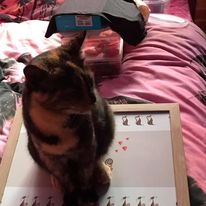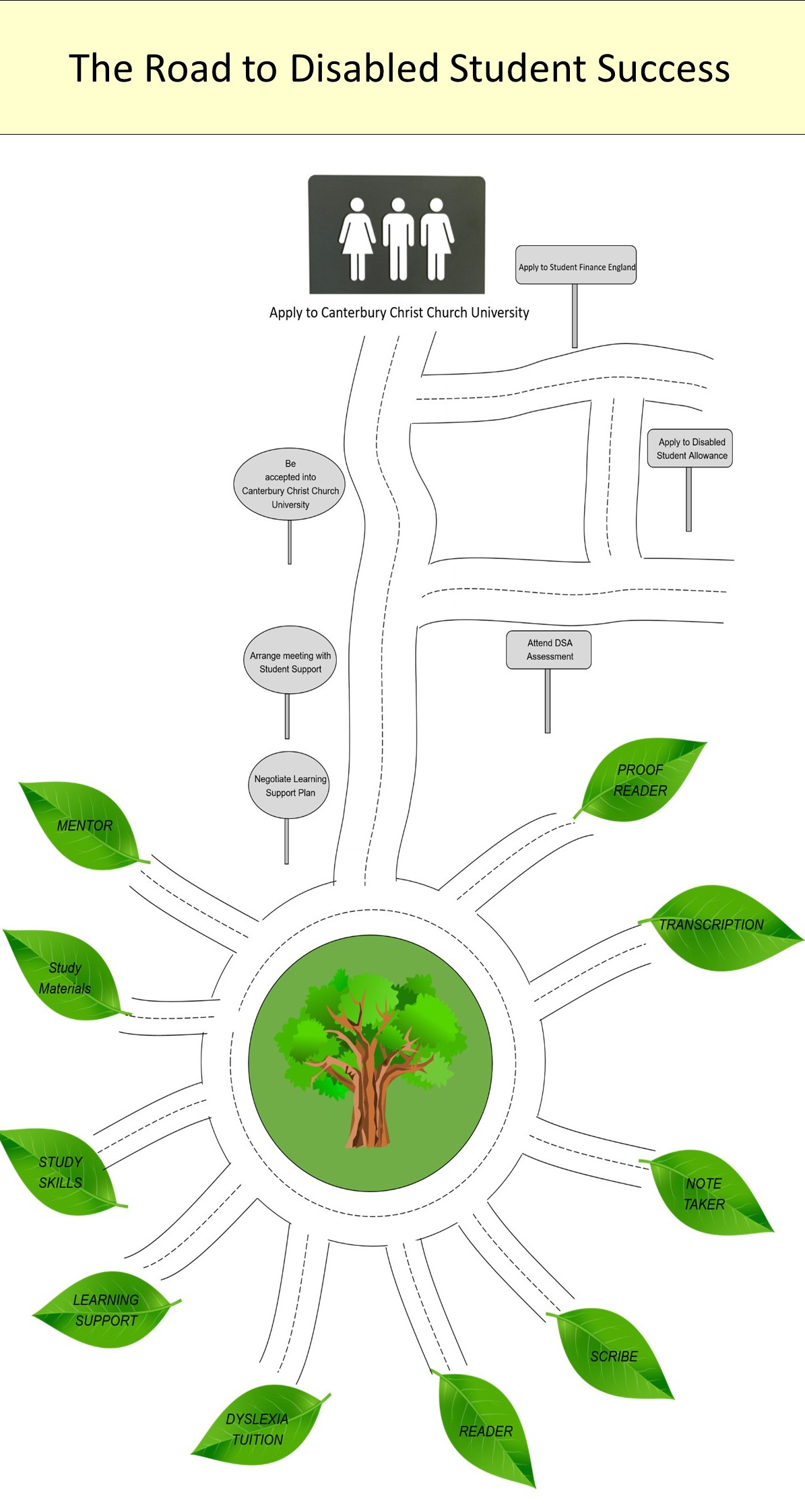In this blog I want to talk about the different experience of two people with autism, myself and a 21 year old.
Let me start with my own journey from school to my present day university.
I remember my first day at infant school, standing amongst a large crowd of adults and small children like myself. I remember a little boy clinging to his mother and sobbing his heart out, this boy later became the school bully.
When I started school there was no mention of dyslexia or autism, if you couldn’t keep up you were known as slow, or inattentive or even thick and stupid. Somehow, I always managed to stay up in one of the top classes, by this I mean I was not put in the class for the ‘less able’.
My overriding memory of school both primary and secondary was the people I was at school with. In the first few years of primary school I had one friend, we spent every playtime together, just the two of us. That was until her dad, who was in the army, got posted overseas. My then friend went to a group of girls and asked them if I could join their group and they said yes.
I spent the remaining years of my primary and secondary school life being on the outside of that group, never feeling like I quite belonged. The girls were never mean or nasty to me, I joined in the games that they played, but I never felt like I quite belonged. As we all grew older together, I discovered that they were meeting up at the evenings and weekends, going swimming or to the pictures together, but I was never invited.
In my secondary school years, I felt like the teachers removed me to stand outside the classroom door more often than being in the class. My school reports said things like, “if she spent less time helping others and did own work she would do better”.
Later in life I went to college to study English GCSE, but again I never made any lasting friendships. However, I did learn to hand in unusual possibly obscure subject matter for all my assignments. For instance, my story was on ‘Christmas through the eyes of the donkey’. This got published in the college’s Christmas magazine.
And on turning 60 I went to university to study for my Bachelor’s degree in Counselling, Coaching and Mentoring. I spent three years of my life, two full days a week, with the same cohort of people, with the same outcome as when I was at school. No one was unkind to me, we chatted together if the moment called for it, but I was never invited to go to lunch with them or join in social activities after the lectures.
I am now taking my Masters by Research where there are no lectures to attend or any cohort to be on the outside of. I have wonderful supervisors who help me, support me and direct me along the path to succeed.
Now let me talk about a young 21-year-old and their journey through education. They too started school around the age of five. Throughout their entire primary school experience, they felt they were treated differently than the non-autistics in their class.
In the morning they attended a normal class with everybody else, but always felt like they were treated differently both by the teachers and their classmates. At lunchtime instead of going into the dining room, those who were deemed ’different’ had their lunch separately. In the afternoon these children were again segregated into a separate class to learn more about social skills than reading, writing and arithmetic.
At the age of 11 this young person started in a special educational needs (SEN) School to continue their education. Though in this school they felt more accepted and treated more equally and were able to make friends with like-minded people, they were not allowed to take any meaningful qualifications.
Next this person progressed into college to take GCSE English and Maths and a BTEC qualification. Again, they experienced feelings of being treated differently, and though the BTEC course they had chosen had aspects that did not sit comfortably with them they continued to the end, finishing with a successful BTEC qualification.
This gave them enough points to continue on to university to take a Foundation qualification in computing. This is when they and I met, I became this young person’s mentor, and what a privilege that has been.
They have now completed their Foundation degree with a very high score and progressed onto the first year of their Bachelor’s degree in gaming.
During all of their experience of university they have not felt any of the stigma that they felt through their schooling and college life. They have made friends and been treated equally with the whole of their cohort by their lecturers.
So, what does this say about the 20th and 21st century experience of an autistic in education?
We both experienced prejudice from teachers and other pupils, we both experienced rejection and isolation during our school and college lives. But here is where the paths differ, I as a 60+ year old still felt on the outside during my Bachelor’s degree experience, whereas this 20+ year old found acceptance, friendship, and path into their future life.
Could this just be because of different personalities, different backgrounds, or is it be the difference between how older people and the younger generation view autistics?

 When we first went into lockdown, I thought how wonderful that would be;
When we first went into lockdown, I thought how wonderful that would be; no social interaction, no face-to-face business interactions, just sitting quietly in my house all day with my furry cats, Kevin and Woof.
no social interaction, no face-to-face business interactions, just sitting quietly in my house all day with my furry cats, Kevin and Woof.



